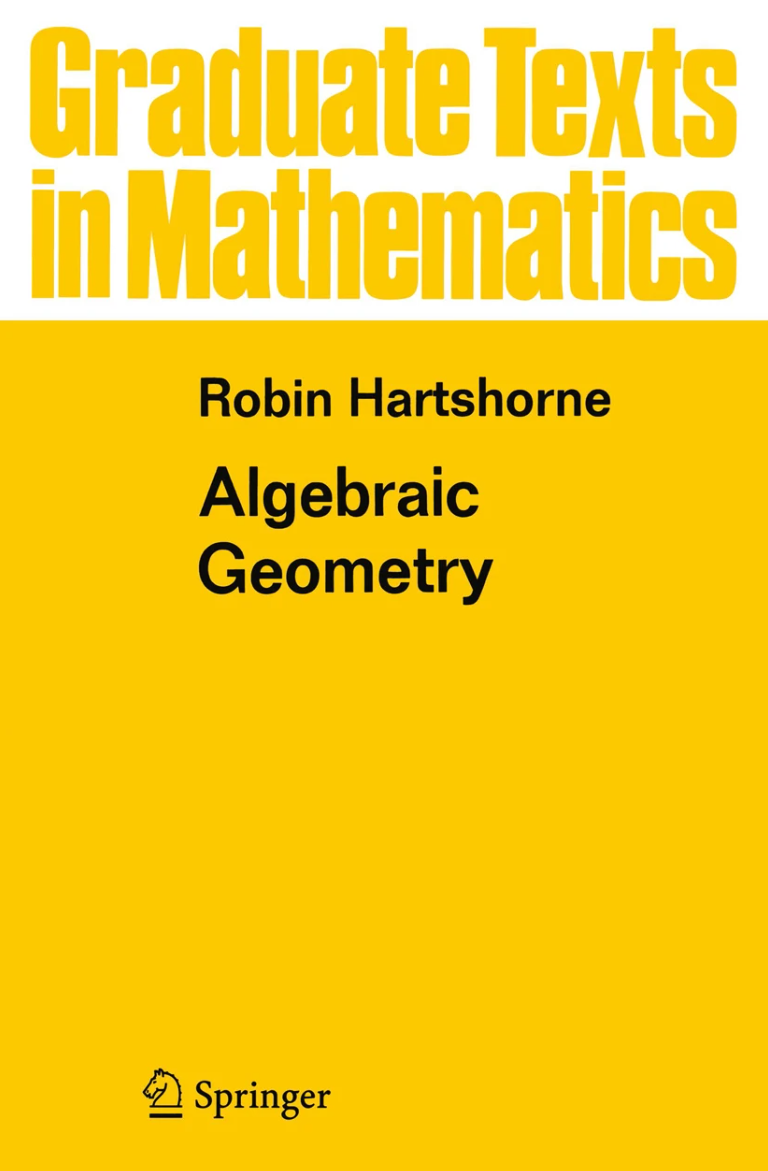The course will focus on using cohomological tools to study algebraic geometry. We will generally follow the structure of Chapter III of Hartshorne’s book but will incorporate more modern perspectives and techniques as appropriate.
Topics planned for coverage include: Derived Functors and Derived Categories, Cohomology of Sheaves, Cech Cohomology, Various Finiteness Theorems, Cohomology of Projective Spaces, Serre’s Vanishing Theorems, Serre Duality, Flat and Smooth Morphisms, Base-Change and Semi-continuity Theorems.
Riemann-Roch theorem
In algebraic geometry, the Riemann-Roch theorem is a fundamental tool to study algebraic varieties and curves. At its core, it is a formula that describes the relationship between the dimension of the global section space of a divisor’s associated line bundle and the curve’s geometric and algebraic properties, such as genus and divisor degree. The theorem establishes a quantitative connection between the line bundles defined by divisors and the freedom of their global sections. This allows us to relate algebraic properties to the geometric behavior of sections on the curve.
NOTE (Riemann Roch theorem and Serre duality theorem)

